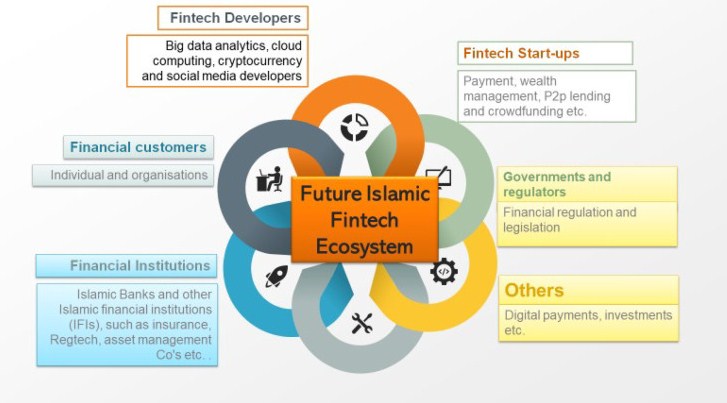The first half of 2023 saw a sharp decline in funding for European fintech startups, as the COVID-19 pandemic and the changing regulatory landscape posed significant challenges for the sector. According to a new report by Finch Capital, a European growth investor, fintech funding in Europe dropped by 70% year-on-year, from EUR 15.8 billion in H1 2022 to EUR 4.6 billion in H1 2023.
Fewer Mega Rounds and More Competition
One of the main reasons for the funding slump was the reduced number of mega rounds, defined as deals above EUR 100 million. In H1 2023, only six fintech startups in Europe raised mega rounds, compared to 24 in H1 2022. The largest deal in H1 2023 was the EUR 600 million Series D round of Klarna, the Swedish buy now, pay later (BNPL) unicorn, which valued the company at EUR 31 billion.
Another factor that contributed to the funding slowdown was the increased competition from both traditional financial institutions and tech giants, such as Google, Amazon, and Facebook, which have been expanding their presence in the fintech space. For instance, Google launched its own digital bank account service in partnership with several US banks, while Facebook introduced its own cryptocurrency, Diem, formerly known as Libra.
Regulatory Uncertainty and Innovation Opportunities
The report also highlighted the regulatory uncertainty and complexity that fintech startups face in Europe, especially after Brexit and the implementation of the EU’s Digital Finance Package. The latter aims to foster innovation and competition in the digital finance sector, but also imposes stricter rules and supervision on fintech activities.
However, despite the challenges, the report also identified several opportunities for innovation and growth in the European fintech sector, such as:
- The rise of embedded finance, which refers to the integration of financial services into non-financial platforms and products, such as e-commerce, social media, or mobility.
- The emergence of green fintech, which leverages technology to promote sustainability and environmental goals in finance, such as carbon footprint tracking, green investing, or climate risk management.
- The development of decentralized finance (DeFi), which uses blockchain and smart contracts to create alternative financial systems that are more transparent, accessible, and efficient.
Some Success Stories Amid the Downturn
Despite the overall funding decline, some European fintech startups managed to raise significant capital and achieve impressive growth in H1 2023. For example:
- Mangopay, a French payment solution provider for online marketplaces and platforms, partnered with US firm VTEX, a commerce platform provider, to expand its global reach and offer more payment options to its clients.
- Payhawk, a Bulgarian expense management platform for businesses, launched Payhawk Green, a new feature that helps companies make more sustainable decisions related to company spending and comply with UK and EU legislation.
- Swan, a French banking-as-a-service platform that enables any business to offer banking services to their customers, raised EUR 37 million in a Series B round led by Lakestar, a European venture capital firm.
- Confide, a UK-based startup that aims to make it easier for employees to report company wrongdoings and for companies to avoid media leaks, secured GBP 2.5 million in seed funding from several angel investors.

